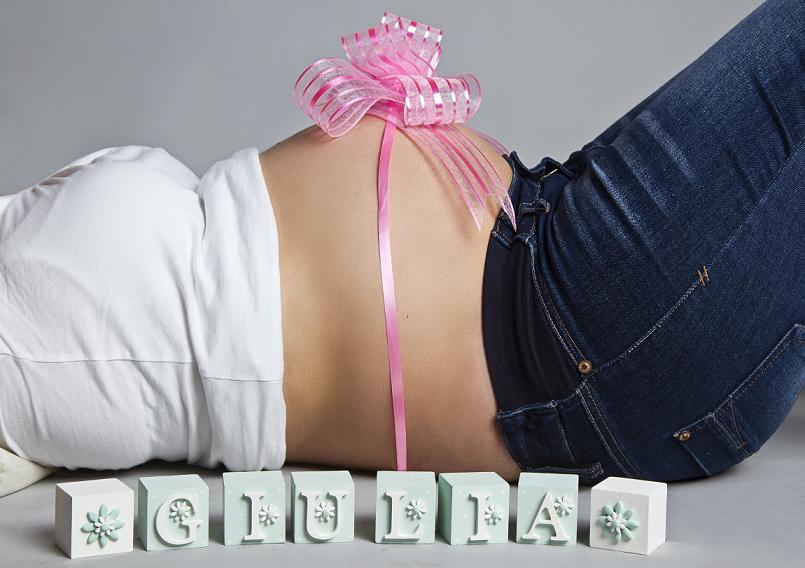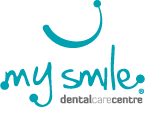Baby's Teeth

The first teeth emerge at around eight months. The baby’s first teeth may appear earlier, while in others it may take more than a year. Usually the lower front teeth emerge first, followed by the upper front teeth. Until the age of two or three, all the teeth would have erupted in the mouth, including the canines and molars, twenty baby (also known as milk or deciduous) teeth in total.
The Teething Period
From two months onwards, most babies begin to feel some pain or itching in the gums because the process of teething is about to start. The pain could be greater when teeth are erupting through the gums.The teething process does not cause a high fever, so if the child has fever, speak to your doctor.
During teething, the baby drools and puts its hands or other objects in its mouth to bite on them. The baby may be uncomfortable, in pain and may cry more than usual. Appetite may decrease and sleep may also be impaired.
Parents can help the baby in several ways:
1. Apply the teething gel on the gums with your finger to alleviate the pain.2. Put a teething-ring in the fridge to cool it (but not in the freezer since this would harden it) and then give it to the baby to bite on it. Do not tie the teething-ring around the baby’s neck due to choking hazards. Some babies also use their dummy to bite on.
3. If the pain is more severe or is hindering your baby from sleeping, speak to your doctor about medication that can be given to help your baby.
4. Wipe the saliva from the face to prevent a skin rash; if necessary, apply a little vaseline.
5. Do not force the child to eat and drink more than he/she wants.
Healthier Teeth
Parents should start taking care of the baby’s teeth from the very beginning, to keep the teeth nice and healthy. If the baby-teeth become decayed and have to extracted prematurely, the permanent teeth may not erupt in the correct place.1. Do not dip the dummy in sugar, honey or juice. Try to stop the dummy as early as possible.
2. A bottle should only be used for water and milk. Do not bottle-feed the baby while asleep. From the age of one onwards, try to start using a beaker or cup instead of a bottle.
3. Do not add sugar or flavour-sensation to the milk. If you give a fruit juice, this should only be given once a day, and give it from cup and not from a bottle.
4. Do not give lemonade, sweet foods and drinks often.
5. Start brushing the baby’s teeth as soon as they emerge, twice daily with a soft toothbrush. Toothbrushing has to become a habit and daily routine.
6. Use an appropriate toothpaste (containing 900-1000 ppm flouride for infants and young children, and 1500 ppm flouride for children aged seven years or more). Use a very small amount of toothpaste. Teach older children how to rinse their mouth.
7. Take children for a dental check up regularly.
© 2012 Dr Joseph Mizzi MD MRCP MRCPCH





